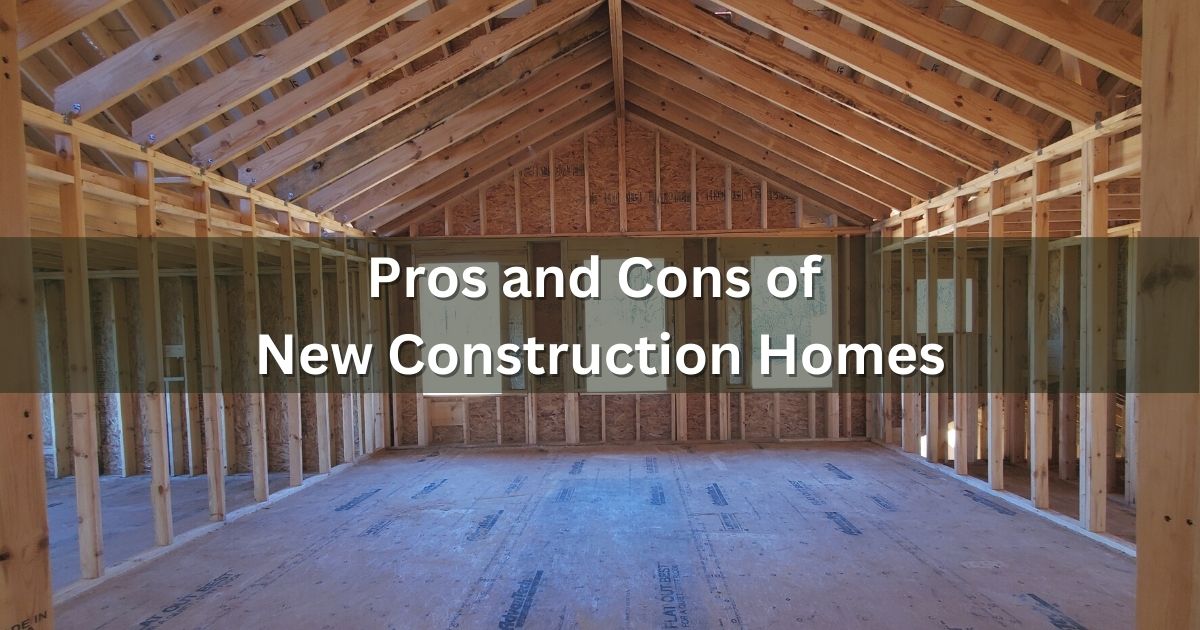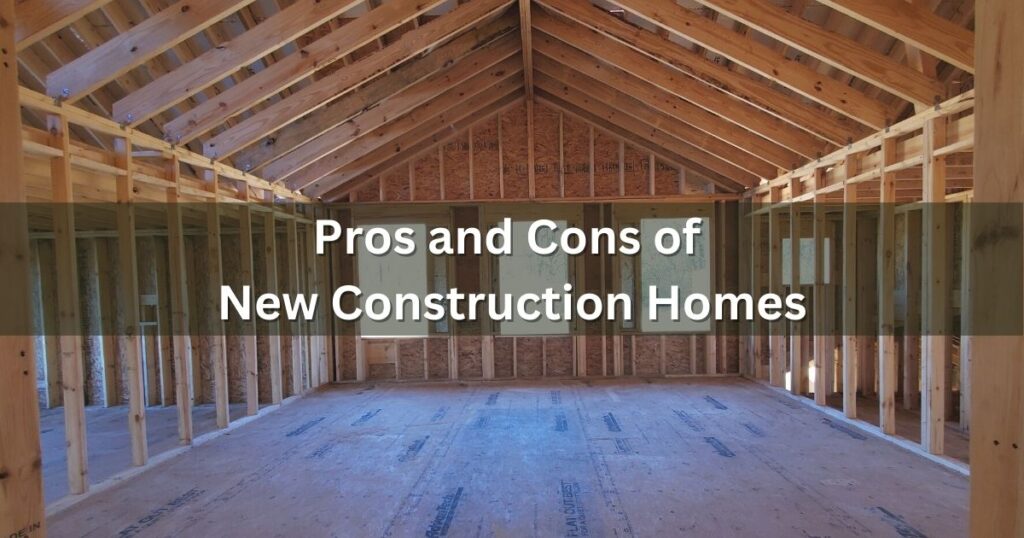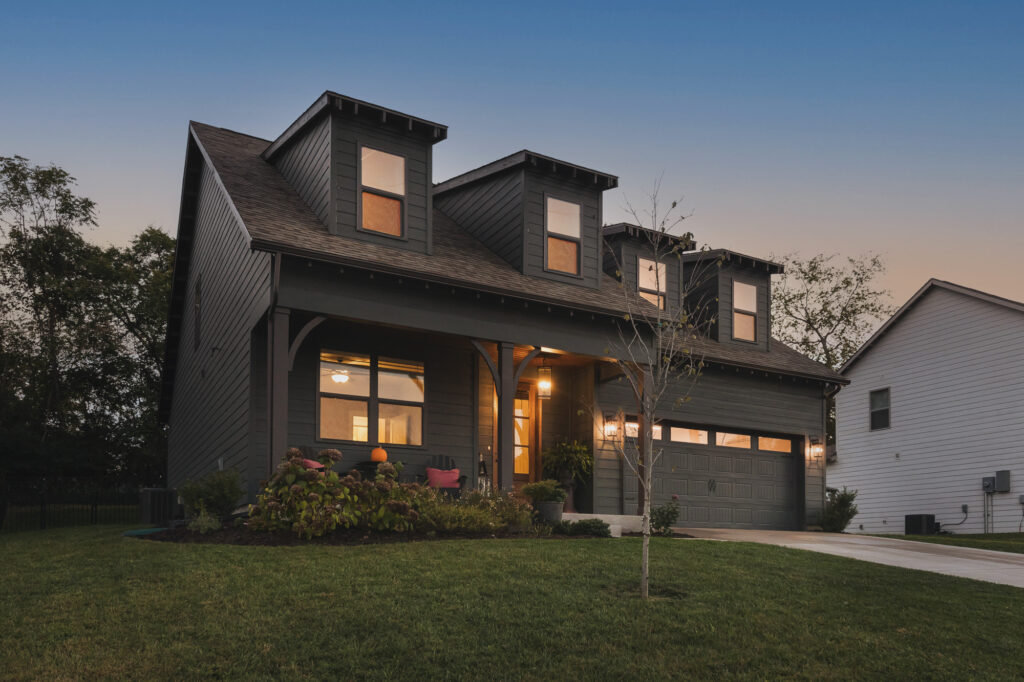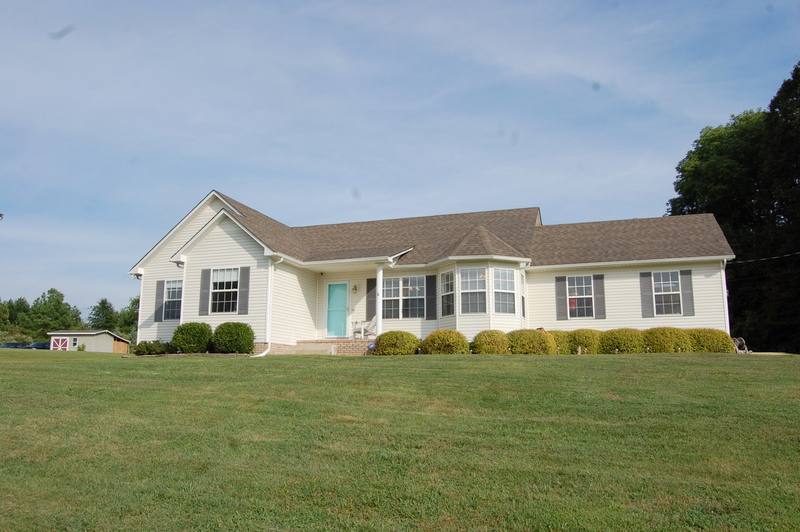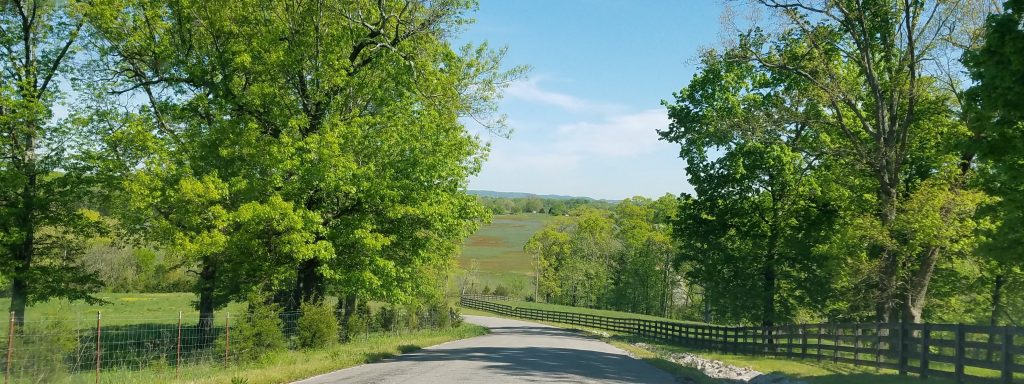New construction homes offer many advantages to homebuyers, including customization, energy efficiency, and modern amenities. However, there are also some drawbacks to consider, such as higher costs, longer wait times, and limited negotiation options. It’s important for buyers to carefully weigh the pros and cons of new construction homes before making a decision. In this way, they can make an informed choice that meets their needs and fits within their budget.
The Pros of New Construction
Customization
One of the biggest advantages of buying a new construction home is the ability to customize the home according to your preferences. Buyers can choose everything from the layout, the flooring, the paint color, and fixtures to create a home that perfectly suits their needs and style. This level of customization is not typically available in existing homes, which may require costly renovations to achieve the same level of personalization.
Energy efficiency
New construction homes are built with the latest energy-efficient materials and technology, which can help to lower utility bills and reduce your carbon footprint. These features may include insulation, high-efficiency HVAC systems, and Energy Star-rated appliances. Over time, the savings on utility bills can offset the initial cost of the home, making it a smart financial decision for many buyers.
Lower maintenance
New homes are built with new materials and modern systems, so they require less maintenance than older homes. Additionally, new construction homes typically come with a warranty that covers any defects or problems for a certain period of time. This can provide peace of mind for buyers, who may not have the same level of protection when purchasing an existing home.
Better financing options
Many builders offer financing options that can help buyers with their down payment and closing costs. Additionally, some builders offer incentives, such as discounted prices or free upgrades, to buyers who purchase early in the construction process. These financing options can make it easier for buyers to afford a new construction home, which may have a higher price tag than an existing home.
Modern amenities
New construction homes often include modern amenities, such as smart home technology, energy-efficient appliances, and built-in storage solutions, that older homes may not have. These amenities can improve the comfort and functionality of the home, and can make daily life more convenient for residents.
Safety features
New construction homes are built to meet current building codes and safety standards, which means they often include features such as fire suppression systems, smoke detectors, and security systems. These safety features can help to protect the residents of the home in the event of an emergency, and can provide peace of mind for buyers who are concerned about safety and security.
The Cons of New Construction
Higher cost
New construction homes often come with a higher price tag than existing homes in the same area. This can make it harder for buyers to afford a new construction home, especially if they have a limited budget.
Longer wait time
Building a new construction home can take several months or even years, depending on the size and complexity of the home. This means that buyers may have to wait longer to move into their new home than if they purchased an existing home.
Limited room for negotiation
Builders may be less willing to negotiate on the price of a new construction home than sellers of existing homes. This can make it harder for buyers to get a good deal on the home, especially if they are working with a tight budget.
Uncertainty about the final product
Buyers may have a clear idea of what they want in a new construction home, but there is always some level of uncertainty about the final product. Changes in construction plans, unexpected delays, and other issues can affect the final outcome of the home, which can be frustrating for buyers who have invested a lot of time and money into the project.
Limited location options
New construction homes are typically built in new developments or subdivisions, which may have limited location options. This can be a drawback for buyers who are looking for a specific neighborhood or location.
Higher risk of defects
Despite the warranty that often comes with new construction homes, there is a higher risk of defects or problems than with existing homes. This is because new construction homes have not been lived in or tested over time, so problems may arise that were not apparent during the construction process. This can be frustrating for buyers who have to deal with repairs or maintenance issues soon after moving in.
Financing
Financing a new home construction project can be more diffcult than with a standard mortgages. Often you will need to own the land or have a large percentage of the project budget available in cash.
New construction homes can offer a lot of benefits to buyers, such as the ability to customize the home, access to the latest technology and materials, and reduced maintenance needs. However, it’s also important to consider the drawbacks, such as higher costs, longer wait times, and the potential for defects. Ultimately, the decision to buy a new construction home should be based on a thorough evaluation of both the advantages and disadvantages, as well as the buyer’s individual needs and preferences. With careful consideration and planning, buyers can find the right new construction home that meets their needs and provides a comfortable and convenient living space for years to come.
617 Davis Valley Dr Columbia, TN
Welcome home to this gorgeous home built by Cypress Homes LLC in 2021! It’s only 2 years old and the owners are moving so now it’s time for you to enjoy this dark farmhouse home. 617 Davis Valley Dr is…
Watch Out for These Things When Buying a Cheap Home
Buying a cheap home may seem like an amazing opportunity to save money and build equity but you need to be careful. There are several things to pay close attention to make your cheap home a bargain and not burden….
Merry Christmas!
Spring Hill Housing Market Update Nov 15 to Dec 15, 2015
Sold in 4 days. Oak Lake Estates 2015 is quickly coming to a close and the housing market has seen some great times this year. Even though there is a traditional drop off in home sales…
Moving from Chicago Illinois to Franklin Tennessee
It’s not a secret that Tennessee is a great place to live. In fact we have a number of people from several different states that are seeking our high quality of life and better property values. Chicago, Illinois is one…
You Never Know What To Expect on a Home Search
The phrase “expect the unexpected” always applies to real estate! From day to day you never know quite what you will run into when on a home search. In a lot of ways that is what is exciting about it….

